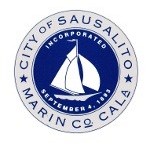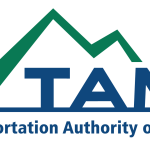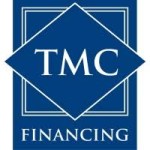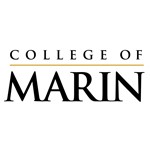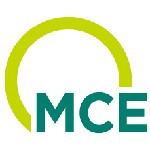Education & Workforce Development in Marin
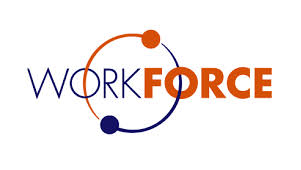
By Nanda Schorske, MBA
Executive Dean
Indian Valley Campus and Workforce & Economic Development
Marin’s unemployment rates are deceptively low. Both the unemployment rates and the extremely large proportion of older adults can be interpreted as symptoms of unbalanced economic and workforce development pressures in the county.
Middle-wage workers and working families are squeezed out of Marin County due to high cost of living, as are people who lose jobs; it’s too expensive to stay in Marin after losing a job, so the unemployed are forced to move away. Those who are left are much older, including many retirees and people who have steady, relatively high-paying jobs. Those higher paid professionals also tend to be older, resulting in the older, more affluent community as seen in the data.
Not captured in the data are the consultants who don’t show up in the unemployment numbers, the discouraged workers (those that still access unemployment insurance and are not really seeking work), retirees and those who traditionally access the adult education system, including immigrants, underemployed and disadvantaged workers.
To help address the need for more middle to high-wage jobs and job creation in Marin County, the College of Marin, Marin County’s high schools, and county adult education providers are working together to change this trend.
College of Marin will receive $500,000 and the Marin County Office of Education is receiving just under $1.5M over the next three years as part of the five-year, Pathways Trust Grant. College of Marin and Marin County Office of Education are members of the Northern California Career Pathways Alliance (NCCPA), a North Bay consortium of community colleges, county offices of education, and the workforce investment boards of Lake, Marin, Mendocino, Napa, Solano and Sonoma counties. The mission of the NCCPA is to facilitate the creation of educational pathways to career success for high school and community college students, including the adults in career programs while fostering economic and workforce development to benefit students, employers, and the community.
Based on the input from employers, labor market data, and the recommendations of the Marin County secondary schools, the programs identified as the most promising pathways in Marin County to develop fall into three major thematic areas:
1) Agri-tourism (including Agriculture & Food Processing),
2) Medical Technology (including Medical Records/Systems & Biotechnology) and
3) Information and Communication Technologies also known as ICT (including Multimedia and Applied Design).
The support of business and industry leaders in the North Bay counties is essential to the continued success of career technical education and the formation of relevant career pathways for young students, the unemployed, the underemployed and all workers seeking to improve their earning power. For more information, please contact: nschorske@marin.edu.



